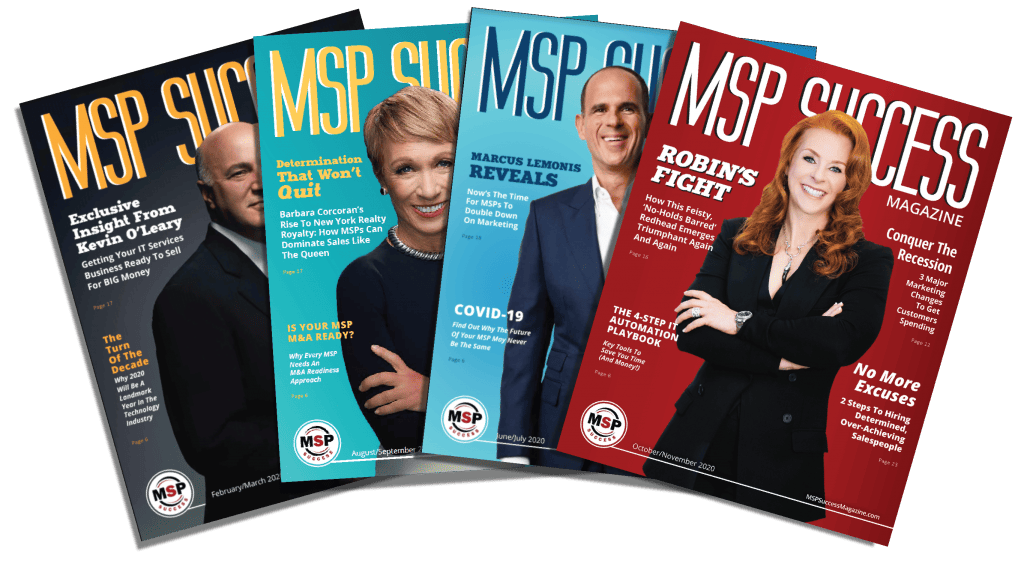In the world of negotiation, the word “yes” often holds little value. It’s frequently insincere and lacks genuine commitment. When it truly matters and the stakes are high, our goal should be to elicit a “no” response.
Consider this example. An MSP in Orlando has been courting a new opportunity. They’ve talked on the phone, performed a full network assessment, presented their solution (twice!) to all the stakeholders, the proposal has been sent. Silence.
When faced with a “so close to closed” deal that went silent, the MSP asked them a simple question: “Have you given up on finding better IT support?” It elicited a swift “no” response that led to a “yes” on the proposal.
Employing a simple but powerful sequence, the MSP managed to get a full sign-off on the proposal with just a few words sent.
The Art Of The “No-Oriented” Question
Prepare to be astonished by what people readily say “no” to. The act of saying “no” provides a sense of protection and control. To gain the upper hand in negotiations, we must give the other party the illusion of control.
Silence As A Tactical Pause
After posing a “no-oriented” question, embrace silence. Allow the other person time to answer and relax. This tactical pause paves the way for effective communication.
Crafting Calibrated Questions
Follow up the initial question with a “what” or “how” inquiry. These questions maintain the illusion of control while you silently maintain the upper hand. Examples include:
- “What do you want me to do?”
- “How do you suggest we proceed?”
- “How can we move forward from here?”
Remember, the power of deference is significant. Deliver your questions with a deferential tone of voice to enhance their impact.
The Role Of “No” In Creating Comfort
The act of saying “no” makes people feel protected and safe, making them more willing to listen. Listening requires no commitment, and this comfort enhances receptiveness. Many individuals find solace in saying “no,” and trying to push for a “yes” is often futile. Embrace human nature rather than fight against it. Harness the power of “no” to your advantage.
Learning From Influences
Jim Camp’s book, Start with No, serves as a valuable influence in the realm of business negotiation. Camp emphasizes the importance of establishing from the outset that the counterpart has the right to say “no.” This approach respects their autonomy and increases the likelihood of a positive outcome.
However, two problems remain:
- The issue of the counterfeit “yes.”
- The fact that “yes” alone holds little meaning. The real substance lies in the “how.”
To elevate your approach even further, consider relinquishing your addiction to “yes.” It may seem daunting, but the potential rewards are immense.
Drawing Inspiration From Real-Life Examples
We have coached employees to use similar strategies with their bosses. Try asking, “Do you want me to fail?” This approach often leads to constructive guidance for success, showing bosses’ genuine concern.












